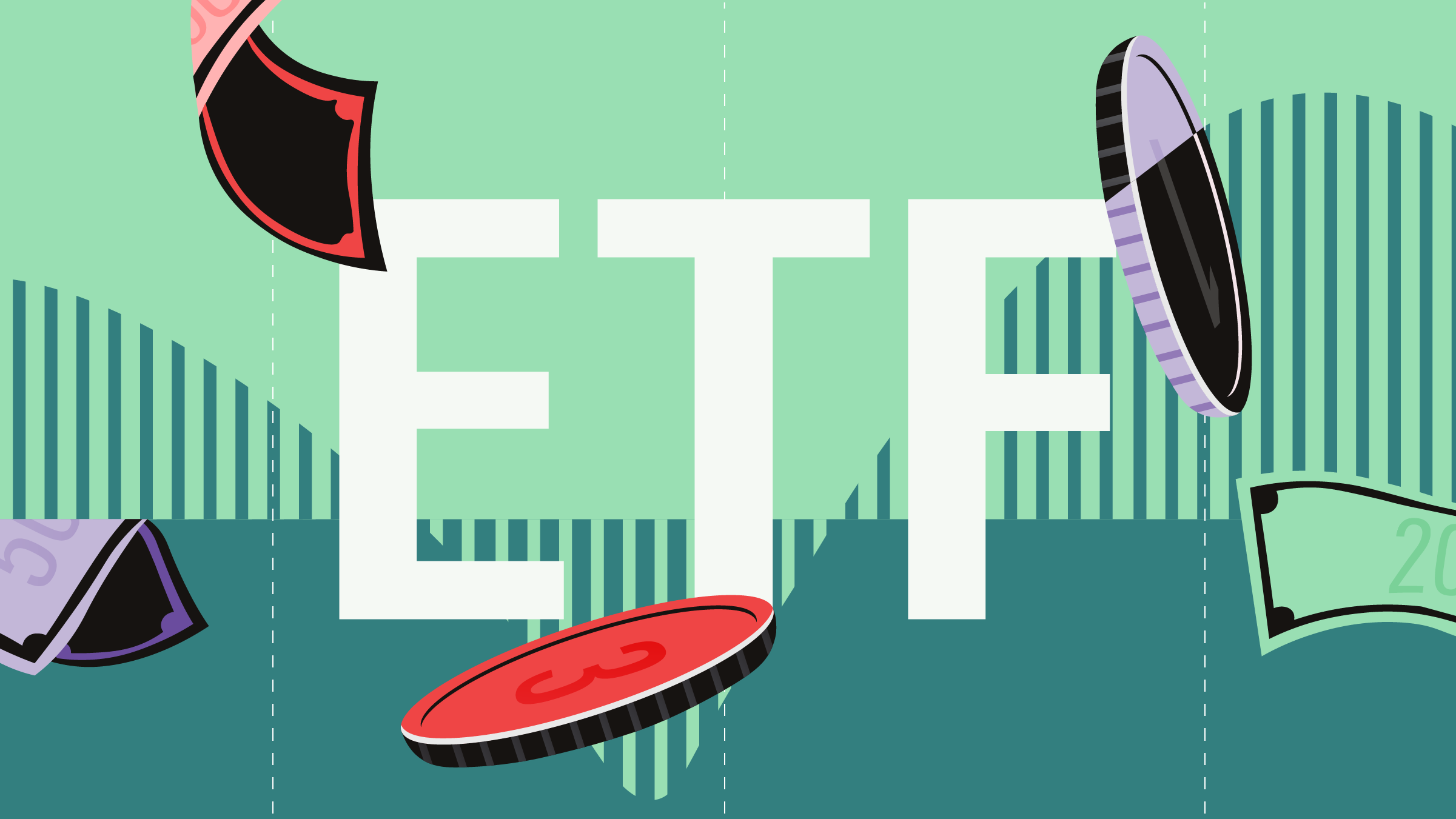Ben Johnson: I'm Ben Johnson, director of global ETF research with Morningstar. Today I am on the sidelines of the Morningstar Investment Conference 2016 and I'm pleased to be joined by Rob Arnott. Rob is the chairman and founder of Research Affiliates. Rob, thank you for being here with me today.
Rob Arnott: It's a privilege.
Johnson: So Rob, I would like to discuss some recent research that you and some of your colleagues have co-authored warning of a potential bubble, a potential impending crash in the realm of smart beta; we at Morningstar refer to as strategic beta. Why have you opted now to send this warning signal about a category that many say that you are the father of?
Arnott: Yeah. Well, the message of our paper, the first paper was called "How Can Smart Beta Go Horribly Wrong?" and the message was very simple. The price of anything matters; it has a bearing on how it will perform in the future. If you pick a stock, you don't say to a broker, "I want to own that stock. Doesn't matter what the price is." or at least I hope you don't. The same applies for asset classes, is the yield spread higher or lower than historical norms? Is the P/E ratio higher or lower than historical terms? These things matter; they help to shape the long-term future returns of anything. The same thing applies to smart beta, the same thing applies to factor strategies, and right now you have the rubber band pretty stretched. Value has performed horribly for the last nine years; it's underperformed growth by over 4% per year for nine years. Oh my goodness.
Now, one of the things I'm very proud of is that fundamental indexes actually shrugged that off and added half a percent to a percent a year during that bleak period for value, so I can't wait to see how it does when value's winning. But people often overlook the fact that is what is newly cheap, is newly cheap by dint of giving us horrible performance on the way there, and it sets the stage for good performance going forward. So just a very simple measure what's the valuation multiple price/book value for growth relative to value, normally it's 5 to 1, sometimes it's narrower, it's 3 to 1. Right now it's 8 to 1. OK, when it gets that spread, value's cheap. Does that mean value will win this year? No, it doesn't, does it mean value will win for the patient investor over the next five years? Pretty darned high odds. Value has never been this cheap without winning over the next five years. Doesn't mean you have 100% odds of success, but maybe 80%.
Now, the flip side is money has been pouring into low-vol strategies, high-quality strategies, momentum strategies, and we knew that these were trading a little rich relative to history so we wanted to investigate that and we found, lo and behold, [A], yes, they're trading rich relative to history, and [B], how rich they're trading is predictive of how well they'll work in the future for the patient investor and what it suggests is momentum's a little rich--it'll add less value than in the past, but it's not bad. Low beta is trading very rich, top decile of historical multiples. Three of the FANGs--Facebook, Amazon, Netflix, Google--three of them are now low-beta. You drop those into the low-beta portfolio, that's not a low-risk portfolio. It's not a portfolio with very modest downside risk, so low beta may not be as risk-protecting as people think. Low volatility, different flavor of low-risk strategies, now that's trading a little rich relative to history, so that's OK.
Quality, notably high-margin, high-profit-margin versus low-profit-margin companies trading in the top decile of historical valuation ranges. Top decile to me means maybe wait, maybe don't buy it yet, if you want diversification among a wide array of strategies, go for it. But if what you want to diversify into is expensive, at least average in over a course of a few years or maybe just defer it a year or two and see how the valuation looks then. So all we said was valuation matters.
In the second paper, we globalized the research, we take it into international markets and emerging markets, and we find similar patterns. Several of these so-called smart beta ideas are trading rich, they're liable to disappoint. If somebody buys something that has outperformed by 5% a year for the last decade, they're expecting it to outperform by 5% a year. Well, if it outperformed just by dint of getting more expensive, watch out--it may mean-revert and give you a negative alpha, that's what I meant by smart beta going horribly wrong. If you buy it thinking you're going to get +5 and you get -5, that's smart beta going horribly wrong.
Johnson: So investors should have an eye out for valuations and manage their expectations accordingly?
Arnott: Look before you leap. Just take a quick peek at the relative valuations. They should do the same thing with mutual funds and investment managers; they should do the same thing with asset classes and with stocks. Many investors don't--they buy what's performed brilliantly without regard to a very simple question, did it performed brilliantly because it was stretching the valuation rubber band and could easily snap back?

















